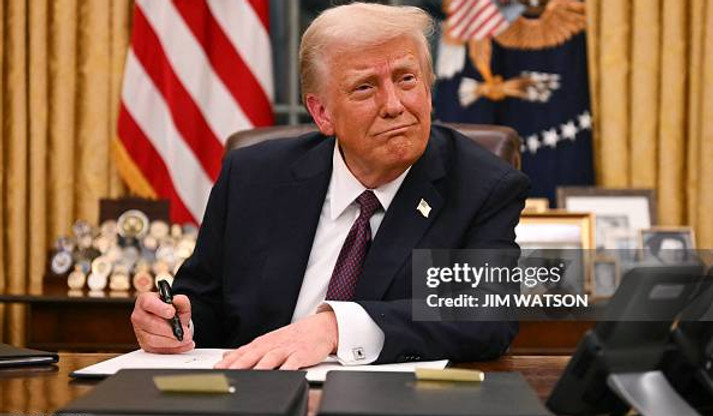Music is not just entertainment; it has the power to spark change. In today's world, it serves as a voice for many who seek justice and equality. From the civil rights era to modern LGBTQ+ movements, music has provided a stage for voices yearning for recognition. As we explore this relationship, we reveal how today’s artists are influencing activism through their art.
The Historical Context of Music in Activism
Throughout history, music has been a key player in social movements. Take the civil rights movement of the 1960s, where songs like "We Shall Overcome" echoed in protests and rallies. Artists such as Bob Dylan and Joan Baez used music to inspire hope and gather support. Their songs brought together diverse groups and fueled the drive for change.
Today’s artists carry this torch forward. For instance, the song “This Land is Your Land” emerged from a desire for unity and equality, resonating even in today’s political climate. New generations are crafting lyrics that challenge injustices, ensuring that the powerful spirit of activism remains alive.
Today's Activists: Musicians Leading the Charge
Many musicians today actively tackle pressing social issues through their work. Billie Eilish, for example, often addresses mental health and climate change, encouraging fans to reflect on these critical matters. At her concerts, she emphasizes messages of inclusivity and awareness, creating energized spaces for conversations about social justice.
Kendrick Lamar takes this a step further with songs about systemic racism and economic inequality. His track "Alright" has become an anthem for the Black Lives Matter movement, showcasing the unique relationship between music and activism.
Collaborations among artists amplify their messages, as seen in the benefit concert for victims of the Pulse nightclub shooting in 2016. Major artists including Ariana Grande and Justin Bieber united for the One Love Manchester concert, raising over $3 million for the victims and their families.
Genres of Change: Music that Makes a Difference
Different genres of music bring distinct approaches to activism. Hip hop, for instance, has emerged as a powerful storytelling tool. J. Cole’s “Middle Child” addresses issues related to race and privilege, connecting with listeners on a personal level. Similarly, Chance the Rapper's efforts to improve public education in Chicago showcase how hip hop can drive tangible change.
Pop music plays a pivotal role in reaching wider audiences. Lady Gaga’s “Born This Way” promotes acceptance and equality, resonating with the LGBTQ+ community while educating others. Taylor Swift has made headlines with her political activism, using her platform to advocate for voting rights and gender equality, impacting millions of young fans.

The Role of Technology and Digital Platforms
Technology plays a crucial role in connecting music and activism today. Streaming services like Spotify allow artists to share their messages globally within seconds. In 2021, around 80% of music listeners reported discovering new music through these platforms. This means messages can go viral quickly, fueling movements that catch like wildfire.
Social media has also changed the game. In 2020, a series of TikTok challenges raised awareness about social issues, from climate action to social justice. The hashtag #BlackLivesMatter saw millions of posts, bringing significant attention to racial inequalities and prompting worldwide protests.
The Impact of Community and Collaborative Efforts
Community lies at the heart of music and activism. Local musicians frequently team up with grassroots organizations to further their reach. Fundraising concerts create awareness and support for social issues like poverty and education, uniting fans over shared causes.
Initiatives like community choirs and songwriting workshops empower individuals to express their experiences, creating networks of support. For example, the “Songs of Freedom” project brings musicians and community members together to write and perform pieces that address local issues, highlighting the importance of collaboration.
Music Festivals: A Hub for Activism
Music festivals like Coachella and Glastonbury are becoming hotspots for activism. These events not only feature popular acts but also promote causes that resonate with attendees. Many festivals host booths for non-profits, encouraging attendees to learn about pressing social issues while enjoying live music.
The 2019 Coachella festival featured a poster for the Climate Reality Project, enhancing awareness around environmental issues. Festival-goers often leave inspired to engage with causes that matter to them, showing the powerful link between music and social change.
The Future of Music and Activism
Looking ahead, the collaboration between music and activism is only expected to grow. Rising artists are eager to claim their space in ongoing social conversations, making their voices heard. Music will continue to be a vital tool for storytelling as it promotes understanding and action.
Educational narratives around social issues will likely find their way into musical themes. For instance, artists may incorporate environmental education into their songs, inspiring younger generations to get involved. As cultural climates shift, so will the ways artists express their positions on social issues.
A Resonant Connection
The relationship between music and activism is dynamic and impactful. As artists reflect the struggles and victories of society, they inspire listeners to participate in the fight for justice. Through compelling lyrics and engaging melodies, music remains a force for change, resonating across communities and generations. Each note played can contribute to shaping a brighter future.












